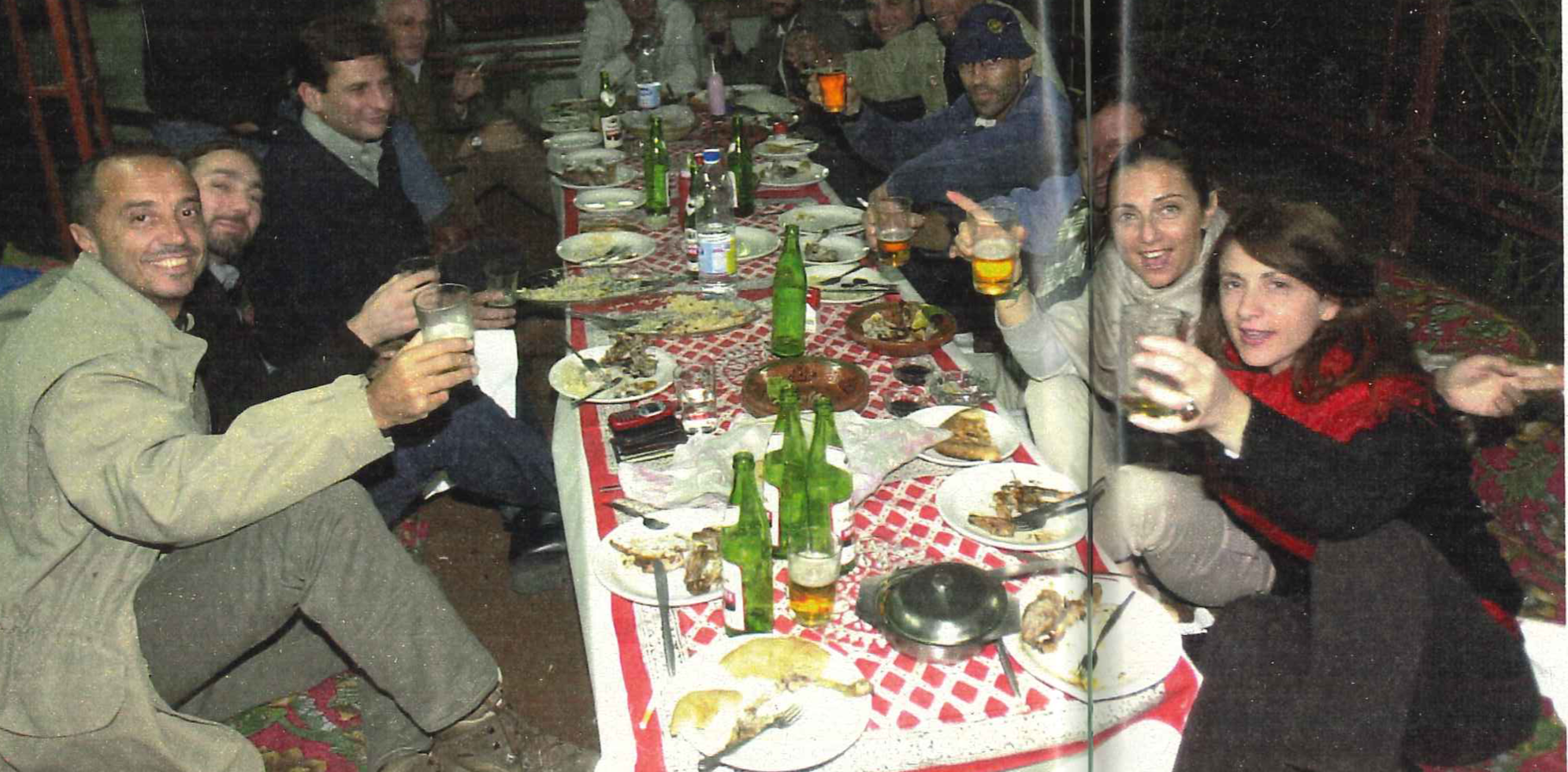Catalan society continues to have a debt to its own past and the Government must comply with Article 54 of the Statute. It is necessary to release the plurality of memories and, beyond the various initiatives carried out so far to recover the memory of the past and dignify the victims of the Civil War and the dictatorship of General Franco, we must promote a determined public policy in this regard.
An explicit condemnation of the Franco regime is therefore needed.
The democratic system must recognize the memory and dignity of all the victims of Francoism and also those of uncontrolled political violence in the Republican rear, especially those that occurred in the first months of the war and regardless of their options. ideological and the area in which, willingly or by force, the war conflict placed them. A full rehabilitation of all the people, organizations and institutions retaliated against during the Civil War and the Franco regime is necessary, so that the survivors, their relatives, their friends and future generations feel recognized in a fair way.
To this end, the Democratic Memorial is created, the instrument with which the Generalitat must carry out public policies aimed at recovering the memory of the victims of the Civil War and the people, organizations and institutions that made in the face of the political, social, cultural and national repression of an ignominious regime.
The Democratic Memorial intends to be part of an international network together with other institutions of memory that base their activity on the dissemination and knowledge of the democratic values of anti-fascism and anti-totalitarianism.
This task of recovery must be understood as the commemoration of the struggle for freedom, but also as an opportunity to investigate collective history and, finally, as a way to spread respect to present and future generations. For human rights and knowledge of the foundations of the system of freedoms enjoyed by society.
Thus, the Democratic Memorial wants to be the expression of the plurality of memories in the framework of the struggle for democratic freedoms, and carries out its activity from different perspectives: ideological, conscientious, social, cultural, linguistic, national, gender and sexual orientation, among others.
Memorial Democràtic
It is an institution of the Generalitat de Catalunya whose mission is the recovery, commemoration and promotion of democratic memory in Catalonia (1931-1980). This historical period includes the Second Republic, the Civil War, the Franco dictatorship and the transition to democracy. The Democratic Memorial places special emphasis on the recovery of the memory of victims for ideological, conscientious, religious or social reasons, as well as on the repression perpetrated by the Franco dictatorship on individuals and groups (including language and Catalan culture), exile and deportation.
The Democratic Memorial commemorates the anti-Franco struggle and the transition to democracy until the first elections to the Parliament of Catalonia. It puts human dignity, democratic values and respect for human rights at the heart of its work so that barbarism is not repeated here or anywhere.
Functions
- a) The configuration of a stable center of activities of commemoration, dissemination, training, advice and social participation related to the knowledge of the period of the Second Republic, the Civil War and its victims in all their diversity, Franco’s repression, exile, deportation and the anti-Franco roots of the value system of the recovery of democracy. To this end, it is responsible for formulating proposals for public policies relating to the recovery, conservation and promotion of all the elements and factors that make up and shape democratic memory.
- b) The commemoration of the democratic memory through the proclamation of the validity of the democratic values as a foundation of organization and coexistence of the current Catalan society.
- c) Tribute to the direct or indirect victims of the Civil War and the struggle for republic, democracy, liberties and individual and collective rights; to the victims who were in the rear during the war, and to all who suffered persecution because of their personal, ideological, religious, or conscientious choices.
- d) The search for information, with own or other means, on the personal and collective elements, of materials and documentaries that nourish the referents of the fight for the recovery of the public liberties.
- e) The dissemination of the democratic heritage and the spaces of memory, with the creation of an information fund integrated by a documentary information service, a computer portal, an audiovisual database and databases, and also with the organization of exhibitions.
- f) The realization of formative activities, like the organization of days, courses, seminars and conferences.
- g) The favoring of the participation of the entities and groups whose object is the preservation of the democratic memory and the reflection on the present society. The constitution of an observatory of democratic values.
- h) The recovery and dissemination of the role of women in the democratic heritage, as people with the capacity for autonomous decision-making and historical subjectivity.










